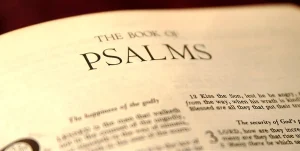
Forgiveness — the pardon of sins — is a central issue in Christianity. Jesus has made it so — and has taught us to pray: “forgive us our sins as we forgive those who sin against us.”
Yet, it is also such a difficult issue. When there is a deep wound, the pain is still there, and the anger still arises. In times like this, we wonder: do the words mean anything? When time and time again, you have to pray “Lord, give me the grace to forgive my enemy” you have to wonder if there is ever hope for you. There have been many times, when I have wondered this about myself. And, I know I’m not alone in having this problem.
Those people who have done things that have caused wounds — especially those who have done it quite deliberately and knowingly — are hard to forgive. Many people have been treated unfairly and unjustly. People have been abused. And, the problem with forgiveness is that it seems to say that all that was okay. To let go of the anger and the outrage seems to give in to injustice — to give permission for the abusers to do it again.
(more…)







